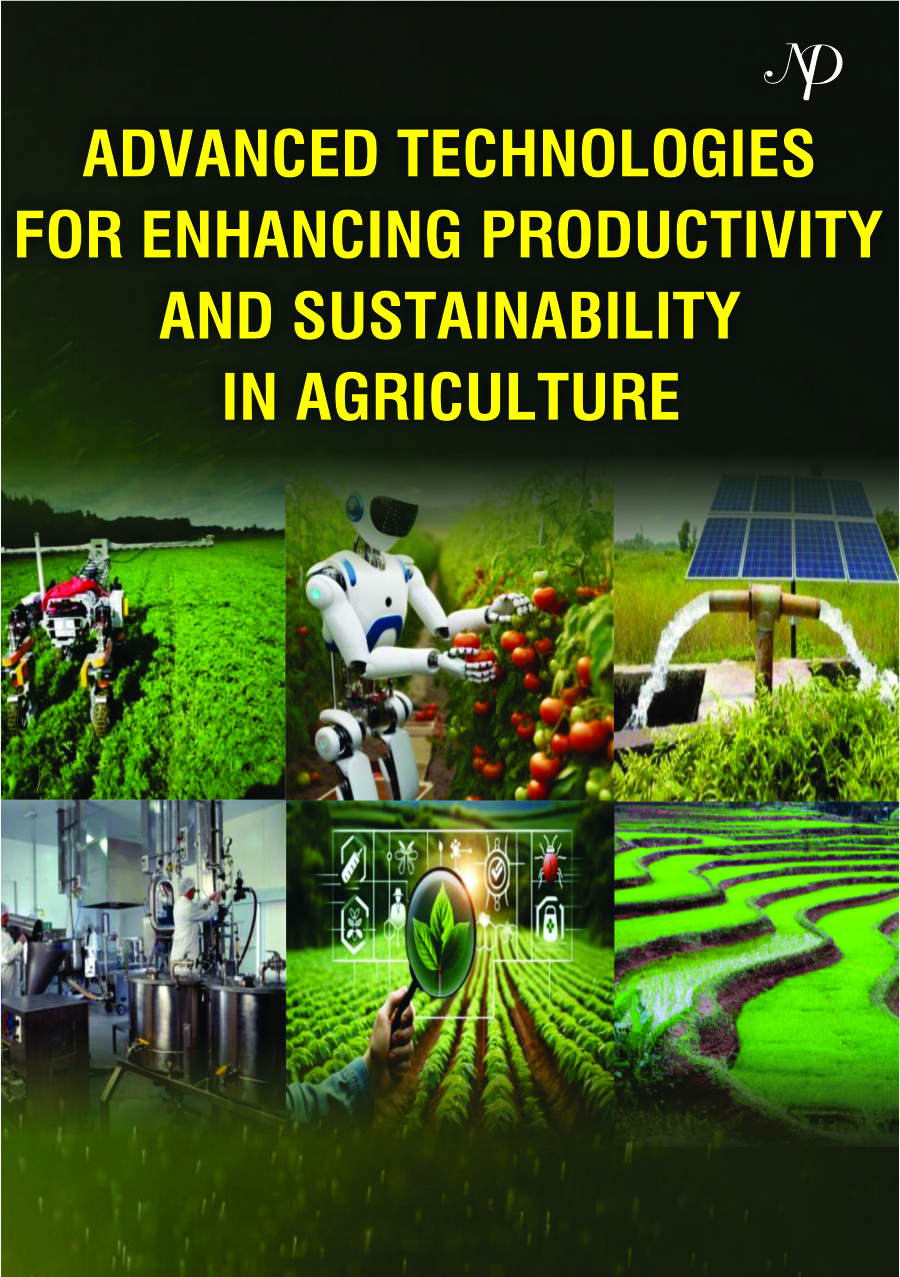Advanced Technologies for Enhancing Productivity and Sustainability in Agriculture
Sale!
Advanced Technologies for Enhancing Productivity and Sustainability in Agriculture
ISBN NO:9789349897915 PAGES :372 PAPER TYPE: PaperbackAuthor(s) / Editor(s):
Veerendra K Chandola, Shrinivasa DJ, Ram Mandir Singh


Economic advancement in agriculture is crucial for inclusive national development. India’s Green Revolution has led to significant increases in agricultural output, reducing poverty and hunger. However, sustainability must coexist with economic viability and livelihood security for farmers. Agriculture faces numerous challenges, including food and energy security, environmental protection, economic viability, climate adaptation, and social justice. Creative problem-solving, systems thinking, and cross-sector cooperation are needed to navigate these interconnected objectives. Understanding the ecological foundations of agriculture and related disciplines is essential for achieving sustainability.An integrated approach that takes into account the social, cultural, political, and economic facets of sustainability is crucial to addressing the complex issues facing modern agriculture. The creation and application of cutting-edge, regionally specific, economical, and ecologically sustainable technologies that not only improve agricultural output and input use efficiency but also protect and replenish essential natural resources is at the heart of this strategy. A number of Sustainable Development Goals (SDGs), particularly SDG 2: Zero Hunger and SDG 12: Responsible Consumption and Production, are directly impacted by increased agricultural productivity and sustainability. By doing this, agricultural systems can become more equitable, resilient, and able to fulfil the twin objectives of environmental sustainability and food security.